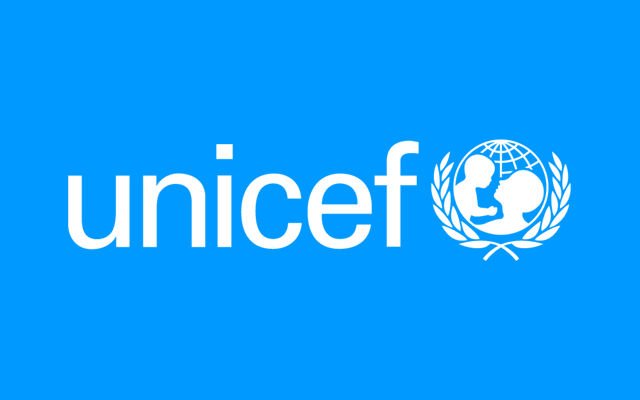Health experts have raised alarms over the growing crisis of unimmunised children in Nigeria, attributing delays in funding to the country’s high number of zero-dose children.
This was discussed at a capacity-building workshop on ‘Media Advocacy for Vaccination Financing’ held in Abuja.
Speaking at the event, the Head of Programmes at the Vaccine Network for Disease Control (VNDC), Chika Nwankwo, highlighted that Nigeria remains the country with the highest number of zero-dose children globally, revealing critical gaps in immunisation coverage.
“Immunisation is the only way to ensure children are protected against preventable diseases, but delays mean vaccines arrive late or not at all,” Nwankwo explained.
She elaborated that the process to release immunisation funds involves up to 27 steps, with the Ministry of Finance handling 20 of them. “Sometimes, a memo lands on the wrong table or lingers because the urgency is not understood,” she said, stressing the inefficiency of the system.
Nwankwo stressed that Nigeria must streamline the funding process to achieve its immunisation targets. “We need 100 per cent of the immunisation funds released within the year, with processes shortened to make the system efficient and effective.”
Despite challenges, she acknowledged some progress, citing that the current administration had already released 25 per cent of the 2024 immunisation budget.
Rachael Abujah, Media Consultant for VNDC, called on journalists to actively hold policymakers accountable. “The media can pinpoint the human cost of these delays and drive attention to ensure vaccines reach every Nigerian child,” she said.
Immunization remains a critical public health measure, with preventable diseases still contributing significantly to Nigeria’s high child mortality rates.
According to the United Nations Children’s Fund, (UNICEF), Nigeria still has over 2.1 million zero-dose children who are yet to receive any form of vaccination.



